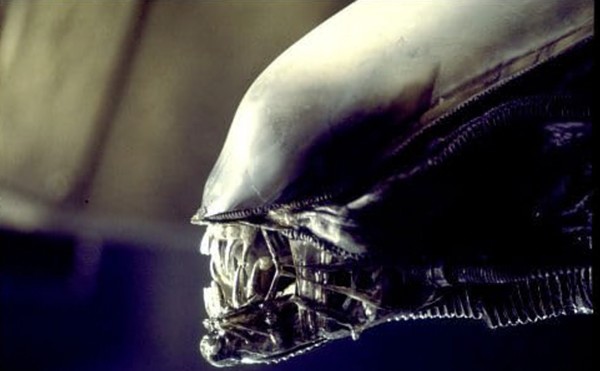Director: Clint Eastwood
Screenwriter: Clint Eastwood
Cast: Clint Eastwood, Cory Hardrict, Bee Vang, Ahney Her, Brian Haley
Release Date: 2009-01-07
Rated: R
Genre: Film
When asked if he would make a Dirty Harry 6, Clint Eastwood used to joke that he could imagine Harry Callahan, long retired, fly fishing with his .44 Magnum.
It turns out this wasn’t exactly a joke. In Gran Torino, the 78-year-old Eastwood plays a cranky old codger who yells at the neighbor kids to get off his lawn, guzzles Pabst beer, and keeps his trusty firearms close at hand.
As Walt Kowalski, a retired Detroit autoworker mourning his recently deceased wife, Eastwood’s hatreds are many: He grumbles at his teenage granddaughter’s belly ring, the doting attention of his son and daughter-in-law (Haley and Geraldine Hughes), the Asian family next door (“Damn barbarians!”), and at Father Janovich (Christopher Calrey), the round-faced young priest who urges Walt to come to confession. Walt is an unapologetic racist, trading ethnic jokes and scurrilous insults with his barber. He is also, for the sake of drama, hiding some unspecified, coughing-up-blood illness.
The movie takes us into the home of the neighbors, Hmong immigrants from Southeast Asia. The youngest son, a quiet teen named Tao (Bee Vang) is being harassed by his cousin Fong (Doua Moua), who wants to recruit Tao into his gang. The gang pressures Tao into stealing Walt’s prized 1972 Gran Torino, a lovingly preserved heirloom that sparks envy in all who behold its gleaming beauty.
Walt catches Tao in medias theft and nearly blows his head clean off with a shotgun. Walt grumbles a lot, but eventually lets Tao’s penitent family talk him into letting the boy do odd jobs for him. Walt becomes the foul-mouthed father Tao never had, schooling him on home repairs and the manly art of insult banter.
Sue (Her), unperturbed by Walt’s gruff personality, invites the old man for dinner at the house, where he’s enveloped in the warmth of the family gathering. The ladies ply him with delicacies, and a diminutive shaman reads his fortune, accurately sensing that Walt, who’s haunted by his Korean War experiences, is “not at peace.”
The colorful, respectful dramatization of the Hmong family rituals, with Walt as bemused outsider, is the most rewarding part of the movie. The portrayal recalls the quiet immersion in Japanese culture of Eastwood’s Letters From Iwo Jima. Disappointingly, Gran Torino tarries only briefly in cross-cultural territory before heading down the well-traveled path of villains and vigilantes. Violence escalates when Fong’s gang targets Tao and his family, prompting Walt to take action in a way that allows him redemption for his past sins.
Nick Schenk’s screenplay is woefully prosaic and at times painfully clichéd, yet there’s considerable interest in the way the movie incorporates Eastwood’s pet themes: the hero with the dark past he’s trying to forget, the gulf between mythologized heroics and ugly reality. With its unholy mix of cultural tolerance, racial stereotypes, and gun violence, Gran Torino mirrors the contradictions of its director/star, a vegan, pro-gun pacifist who likes George Bush, hates the Iraq War, and once threatened to kill Michael Moore.
It’s a bit hokey, like its eponymous muscle car, but in its oddness and ambiguity is a fitting vehicle for what Eastwood has said will be his last screen performance. •
















